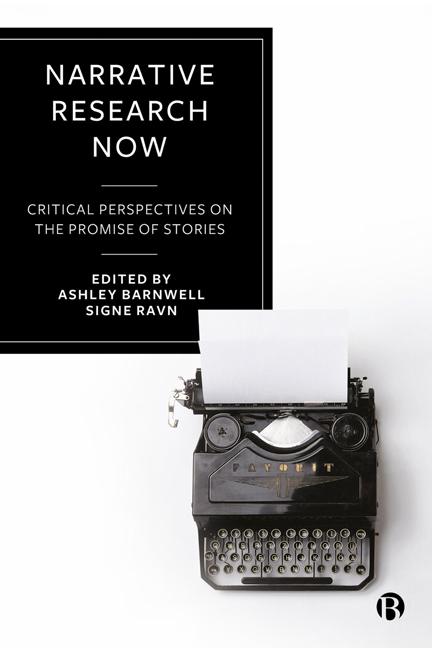8 - Reading Back as a Way to Give Back? A Narrative Practice-Informed Method for Interview-Based Research
Published online by Cambridge University Press: 28 March 2024
Summary
Introduction
Henri was listening to me as I was reading out a narrative crafted from the words he had shared with me a couple of months earlier during a long interview. It was a hot summer day and I had travelled to a Melburnian suburb to visit 90-year old Henri, one of my research participants, and his wife. After he showed me personal archival mementos and shared memories that had resurfaced, I handed a hard copy of the interview transcript to him. I also explained that I had written a first-person account from this interview and that I was keen to know if it would be okay for me to include it in my work. As it would have been awkward to watch him read it, I suggested I could read it out to him. Realising I had already spent quite some time at Henri’s and that I had to read aloud six pages, I started off reading at a relatively high pace. At one point, I looked up … and I was struck. I saw Henri resting against the back of his chair, with his eyes closed, his hands folded in front of him, a peaceful yet concentrated look across his face, almost imperceptibly acquiescing with his head. I felt out of sync. A ceremonial atmosphere was called for to match Henri’s sense of reverence in listening back to his story. I slowed down and read with a different intention, one of honouring instead of checking. ‘It was special for me to listen to you talk about what I had told you’, Henri said afterwards. ‘Remember, you were talking about me. About my past. About a part of my past life. It’s really incredible, you know. I was listening to you talk about things that I lived through 80 years ago.’
I met Henri as I was studying grassroots community initiatives across Australia in which people with refugee experiences share their stories with established members of the community (Strauven, 2021). More specifically, I was interested in exploring what narrative practices people find most meaningful to their preferred sense of self and their ways of being and relating in the world.
- Type
- Chapter
- Information
- Narrative Research NowCritical Perspectives on the Promise of Stories, pp. 122 - 138Publisher: Bristol University PressPrint publication year: 2023

